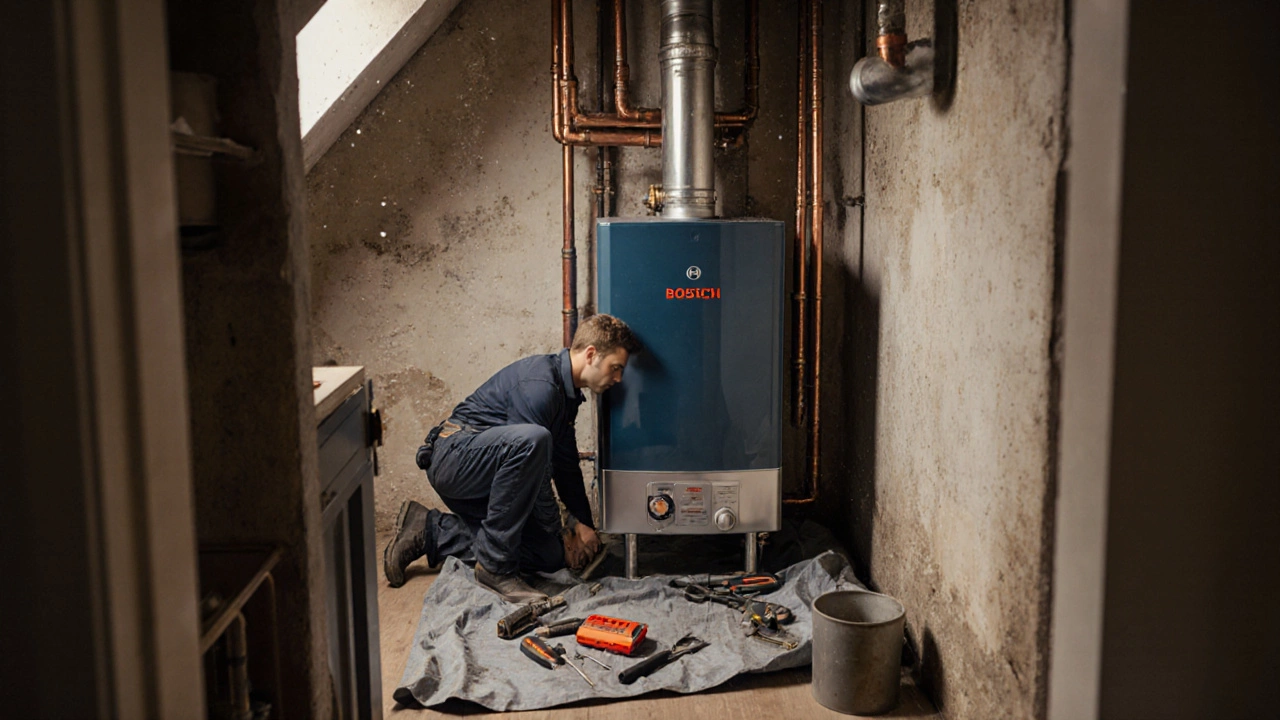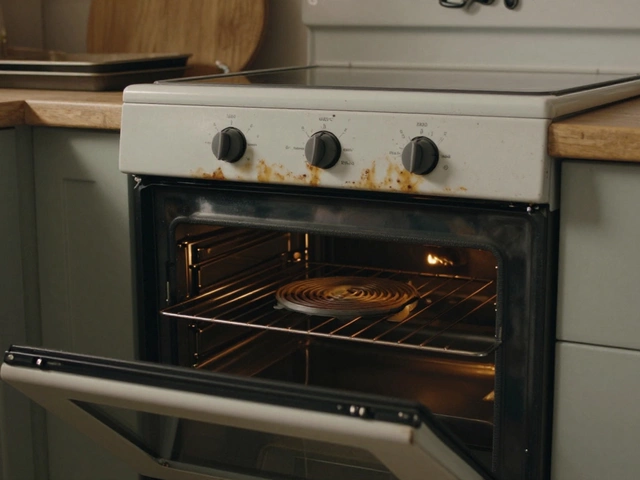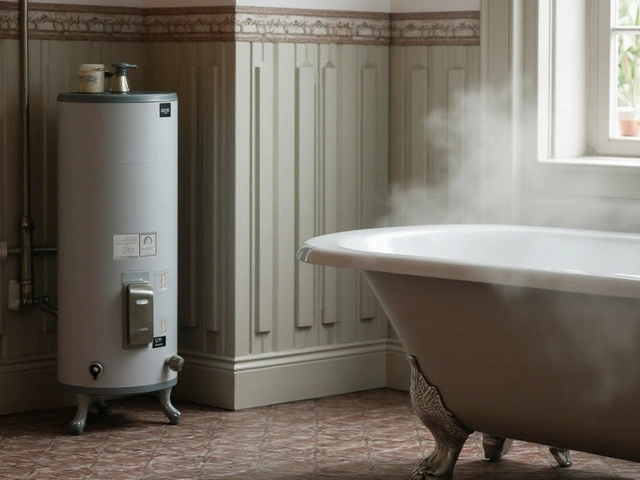Thinking about a new boiler? Whether you’re replacing an old unit or adding heating for the first time, getting the install right saves money and headaches. Below you’ll find the basics on picking the right boiler, the steps a pro follows, and the moments when you should leave it to an expert.
First off, decide what type of boiler fits your home. Most UK homes use gas‑combination (combi) boilers because they heat water on demand and don’t need a separate tank. If you have a big family or multiple bathrooms, a system or regular boiler with a hot‑water cylinder might be smarter.
Size matters. A boiler that’s too small will struggle on cold nights; too big and you waste fuel. Use your home’s square footage, number of radiators and hot‑water demand to calculate the required BTU rating. Many installers offer a free sizing check – take advantage of it.
Check local regulations. In most areas you need a Gas Safe registered engineer to work on gas lines, and a building permit may be required for major changes. Skipping paperwork can lead to fines or an unsafe system.
1. Shut down the old system. The engineer turns off the gas, isolates the water supply and drains the system to avoid leaks.
2. Prepare the location. The new boiler needs a sturdy wall bracket, proper ventilation and enough clearance for maintenance. The installer may move pipework or add a new flue if the current one isn’t suitable.
3. Mount the boiler. Using the bracket, the unit is lifted into place and secured. This step often requires a lift or helper, especially for larger models.
4. Connect gas and water. Certified engineers attach the gas pipe with a tight seal and fit the water inlet/outlet. Pressure tests ensure there are no leaks before the system is sealed.
5. Install the flue. The flue carries exhaust gases outside. It must be correctly angled and sealed to prevent carbon monoxide from entering the home.
6. Fill and bleed the system. Water is re‑filled, air is bled from radiators, and the pressure gauge is set to the manufacturer’s recommended level.
7. Test and commission. The engineer fires up the boiler, checks temperature, verifies safety devices, and runs a full cycle. A carbon monoxide detector is installed if one isn’t already present.
If anything feels off – strange noises, low pressure, or uneven heating – call the installer right away. Those are the same warning signs discussed in our "Worried About Your Boiler?" article and the "Boiler Service Cost Guide 2025" that explains why regular checks matter.
Most homeowners wonder whether they can DIY the job. Our "Can I Repair My Boiler Myself?" guide makes it clear: working with gas lines is risky and illegal without a Gas Safe licence. Even simple tasks like flushing a water heater (see "How Often Should You Flush Your Water Heater?") are best left to professionals unless you’re comfortable with plumbing basics.
Bottom line: pick the right boiler, get the right permits, and let a qualified engineer handle the heavy lifting. A proper install means lower bills, fewer breakdowns, and peace of mind. When you’re ready, call a Gas Safe registered professional and ask for a written quote that includes boiler removal, installation, and a first‑year service. Happy heating!

Replacing a boiler costs thousands because it's not just the unit-it's labour, safety checks, pipe upgrades, and compliance. Learn why this big investment is necessary and how to avoid overpaying.

Curious about how much a new boiler might set you back? This article breaks down the costs involved, from purchasing the unit to installation fees. Understand the factors that influence pricing and learn practical tips to get the most value from your investment. Discover essential maintenance advice and the importance of proper sizing and efficiency ratings. Equip yourself with knowledge before making a decision about your home's heating system.

Navigating the cost of a new boiler can be confusing. This guide dives into typical pricing, key considerations for your budget, and how to make the best decision for your home. We'll explore average costs, the impact of brands and models, and provide tips for saving money. Get the information you need to keep your home warm without breaking the bank.

Microwaves are essential in modern kitchens, but when they break down, deciding whether to repair or replace them can be tricky. This article explores the factors that influence repair decisions, common microwave issues, and when it's more economical to buy a new one. It also offers tips on maintaining your microwave to prevent future problems. Understand the costs involved and make an informed choice on your kitchen appliances.

Deciding whether to fix or replace a 20-year-old oven? Learn real repair costs, energy savings, safety risks, and when it’s smarter to buy new. Practical advice for UK homeowners.

When it comes to microwaves, understanding their lifespan is crucial for homeowners looking to make informed decisions about maintenance and replacement. This article delves into the essential factors that affect the longevity of microwaves, offering practical tips on extending their lifespan and recognizing when it's time for a new one. You'll learn about common signs of wear and tear, the importance of proper usage, and how regular servicing can enhance performance. Discover how to keep your microwave running efficiently and what to do when repairs are inevitable.

Thinking about how long your boiler will keep working? This article explains the real lifespan of boilers, the factors that affect how long they last, and how to spot when yours might be on its last legs. You'll get practical tips for stretching out your boiler's life and advice about when it's smarter to repair or just replace. Stay warm and avoid surprise breakdowns with these straightforward facts.

This article delves into the debate between Rheem and AO Smith water heaters, two titans in the world of home appliances. It provides a comprehensive comparison, exploring key aspects like energy efficiency, durability, and cost-effectiveness. It also highlights some interesting facts and practical tips to help you choose the right water heater for your needs. Whether you're looking to upgrade your system or repair your current unit, this guide aims to provide valuable insights.